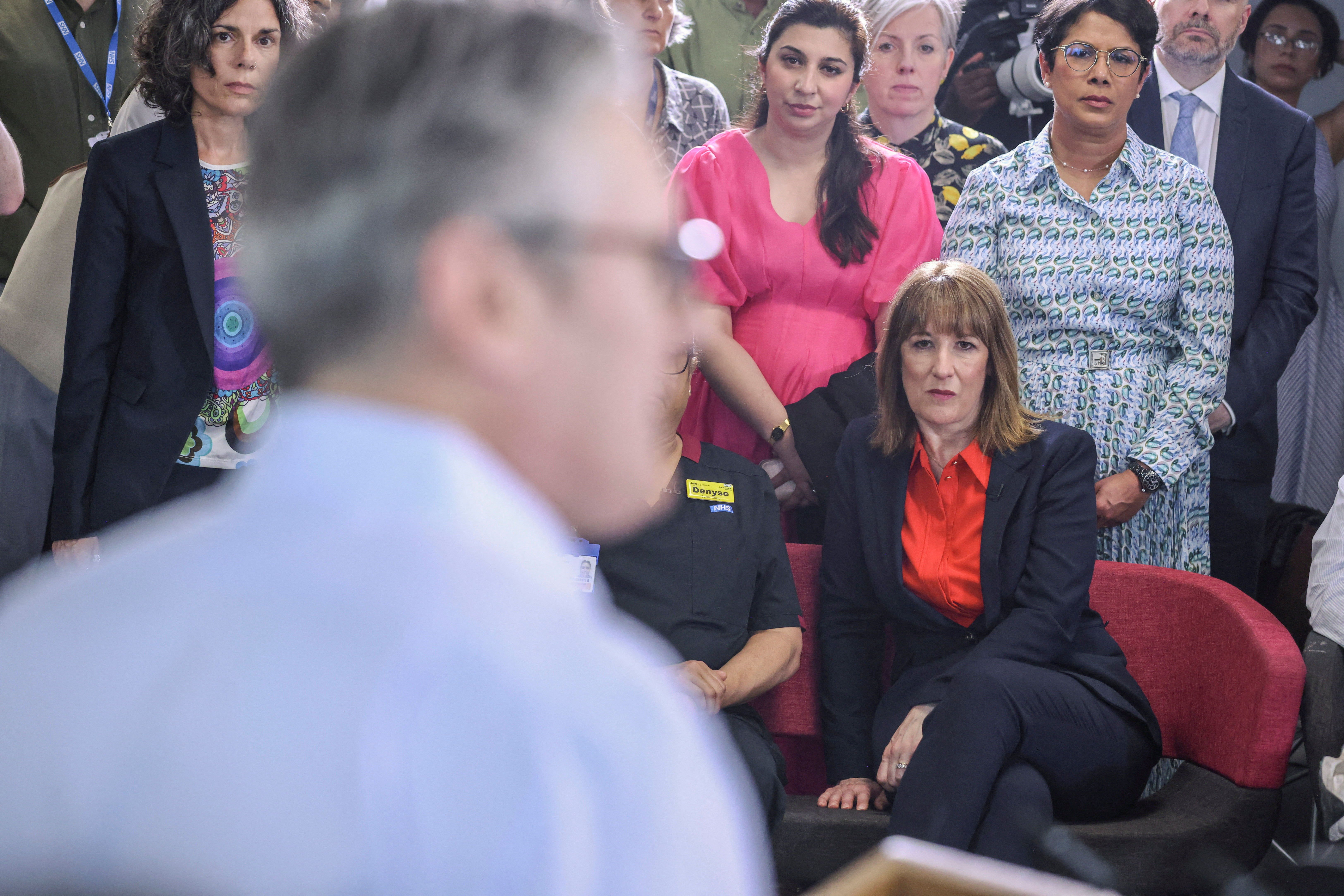Medical students fleeing war-torn Ukraine will be able to continue their studies in Cyprus following an agreement between the University of Nicosia and Israel’s Sheba Medical Centre, the two organisations announced on Monday.
The programme will help Israeli students currently enrolled in Ukraine.
The Sheba Medical Center is the largest in the country and was ranked by Newsweek’s in the top 10 “world’s best hospital” for the last four years.
Sheba and the University of Nicosia (UNic) have partnered for 10 years in training Israeli medical students, who are able to pursue pre-clinical studies at UNnic and go on to complete their clinical training at Sheba. This academic partnership has produced hundreds of graduates who join the Israeli healthcare workforce.
The ongoing situation in Ukraine, has caused several institutions in that war-torn country to cease academic programs and many students have been forced to leave. Sheba and UNic have received dozens of enquiries about transfer opportunities from displaced Israeli medical students.
“One of the consequences of this terrible war is the damage caused to academic studies for those studying to be physicians,” said head of the Sheba Education Authority Professor Gadi Segal. “Through this programme, eligible students will be able to salvage their careers by being transferred first to Unic and then to Sheba.”
UNic and Sheba will offer transfer opportunities on a competitive basis for Israeli students currently enrolled in medical studies in Ukraine, based on guidance from the Cyprus Agency of Quality Assurance and Accreditation in Higher Education (CyQAA). The scheme is modelled on the Second Shift Program, which was initiated by Sheba at the start of the coronavirus pandemic to allow Israeli medical students studying abroad to complete their training in Israel.
Under the programme, UNic will determine the academic criteria and admissions requirements for acceptance its school of medicine, while staff from Sheba will be involved in the selection of students in accordance with the Israeli Ministry of Health guidelines.
Credits from Ukrainian medical schools will be recognised.
“On the one hand, we can save these students’ medical careers, but at the same time we can also produce high level physicians for Israel,” said, director of Sheba Global Yoel Har-Even. “We can minimise both the personal damage and the national damage of losing doctors.”







Click here to change your cookie preferences